At the heart of Miami’s nostalgic aquarium lies the story of Lolita, the memorable killer whale, whose life was a subject of controversy, fascination, and concern for decades until her death on August 18, 2023.
Last week, a necropsy report showed she died of old age and a number of chronic illnesses, including kidney failure.
Lolita’s life began near the waters of the Puget Sound of Washington State, where she lived with her mother. Then on August 8, 1970, Lolita’s pod of killer whales was attacked by Ted Griffin and Don Goldsberry. At only four years old, she was sold to the Miami Seaquarium.
For over 50 years, Lolita lived in an 80-foot by 35-foot tank the size of a swimming pool. She was one of the oldest orcas still in captivity. Lola was held captive to entertain Miamians, but some people believed she was being cruelly kept in inhumane conditions. This generated a public awareness campaign during the last years of her life–a campaign that was a testament to the powerful way she captured the hearts and minds of all who saw her and knew her story.
One of the local children who felt uneasy about the concept of the park was Alejandra Martinez Fraga ‘25. “My mom only went with me a few times because she thought it was unethical,” Martinez Fraga said.
Another Miamian who never agreed with the idea of the seaquarium was Eva Tapanes ‘25. “Our entertainment is not worth their lives,” she realized.
As controversy grew, a “Save Lolita” campaign began. A nonprofit group, “Friends of Lolita,” started making plans for Lolita’s release in March, 2023. They reached an agreement to place Lolita in a sanctuary to be rehabilitated under the care of veterinary staff. She would then be returned to the wild between October 2024 to April 2025, and reunited with her family.
However, last August, she began experiencing signs of discomfort. A medical team found out it was a renal condition, an infection that can cause kidney failure. Due to her severe condition, she died too early to be reunited with her mother in the Puget Sound in Washington State.
“She was everyone’s childhood. It’s very sad to see her gone,” said Maria Stanham ‘26. She wishes she could have seen her free from captivity.
However, Ana Iacoviello ‘25 believes her life brought much needed awareness. “At least seaquariums are more aware that people care about how they treat animals,” she said.










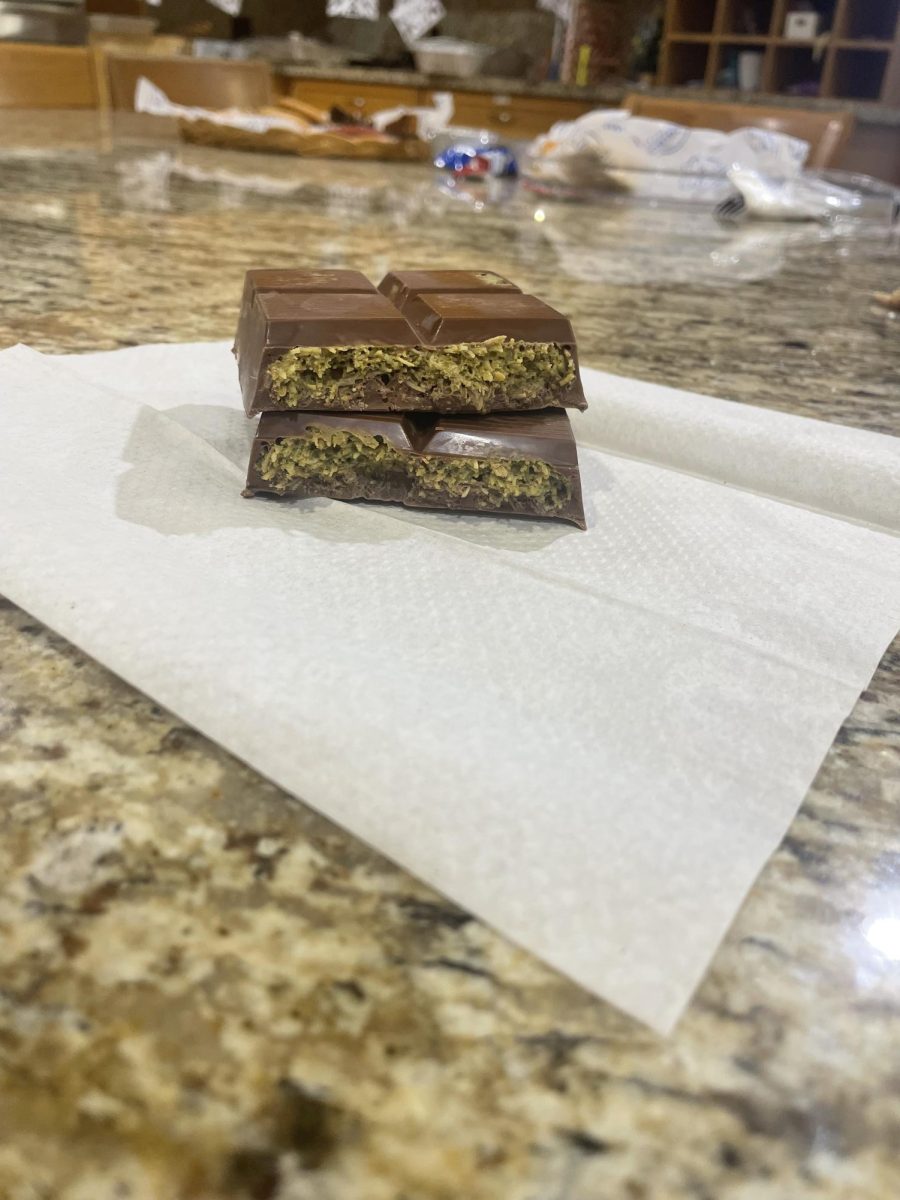








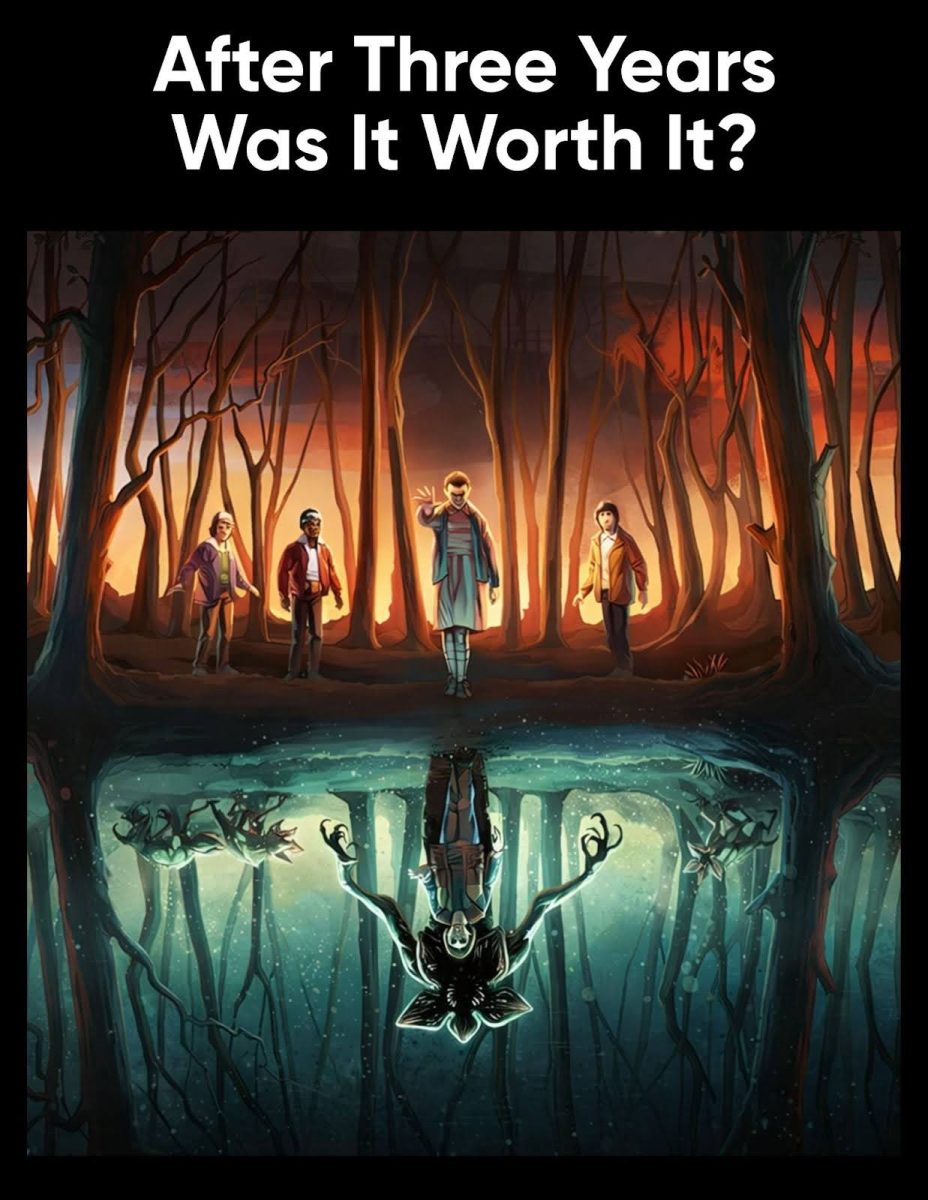



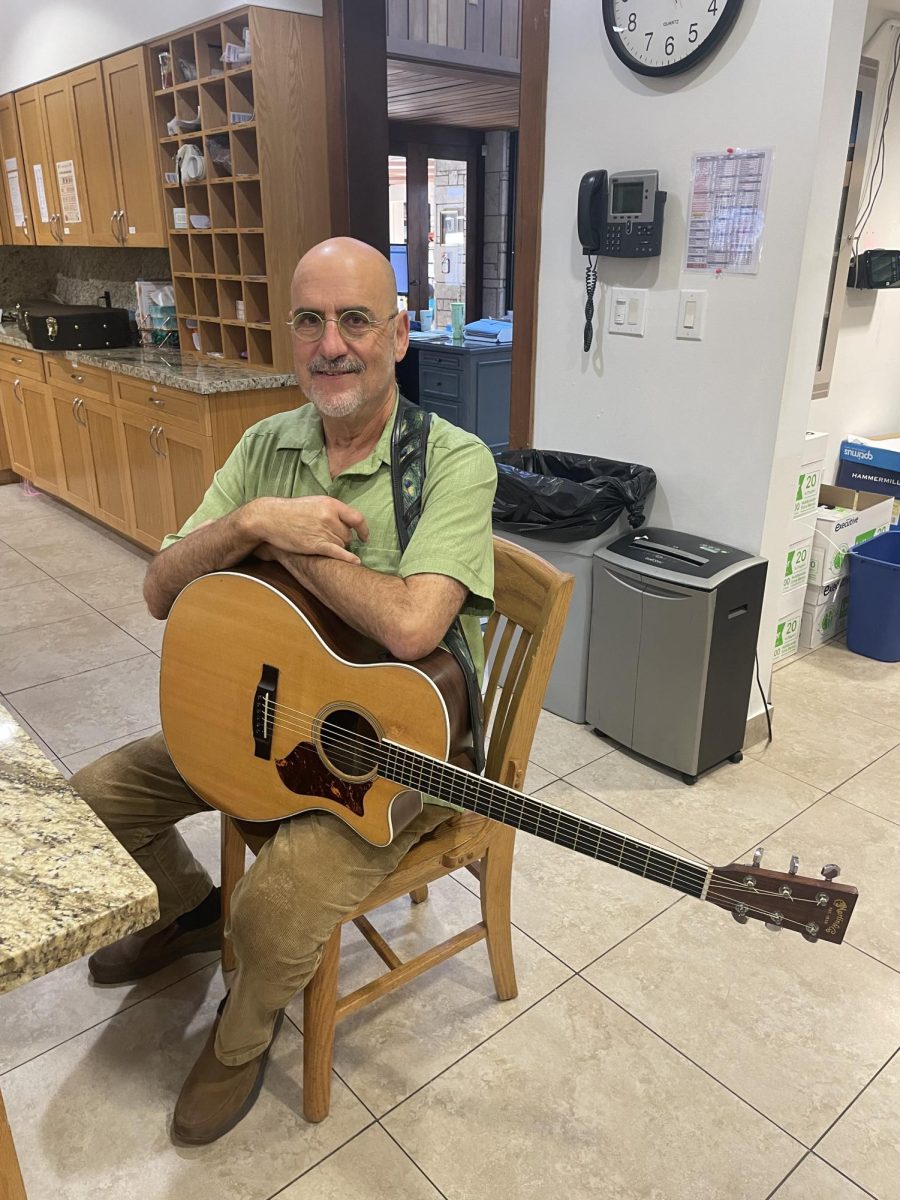

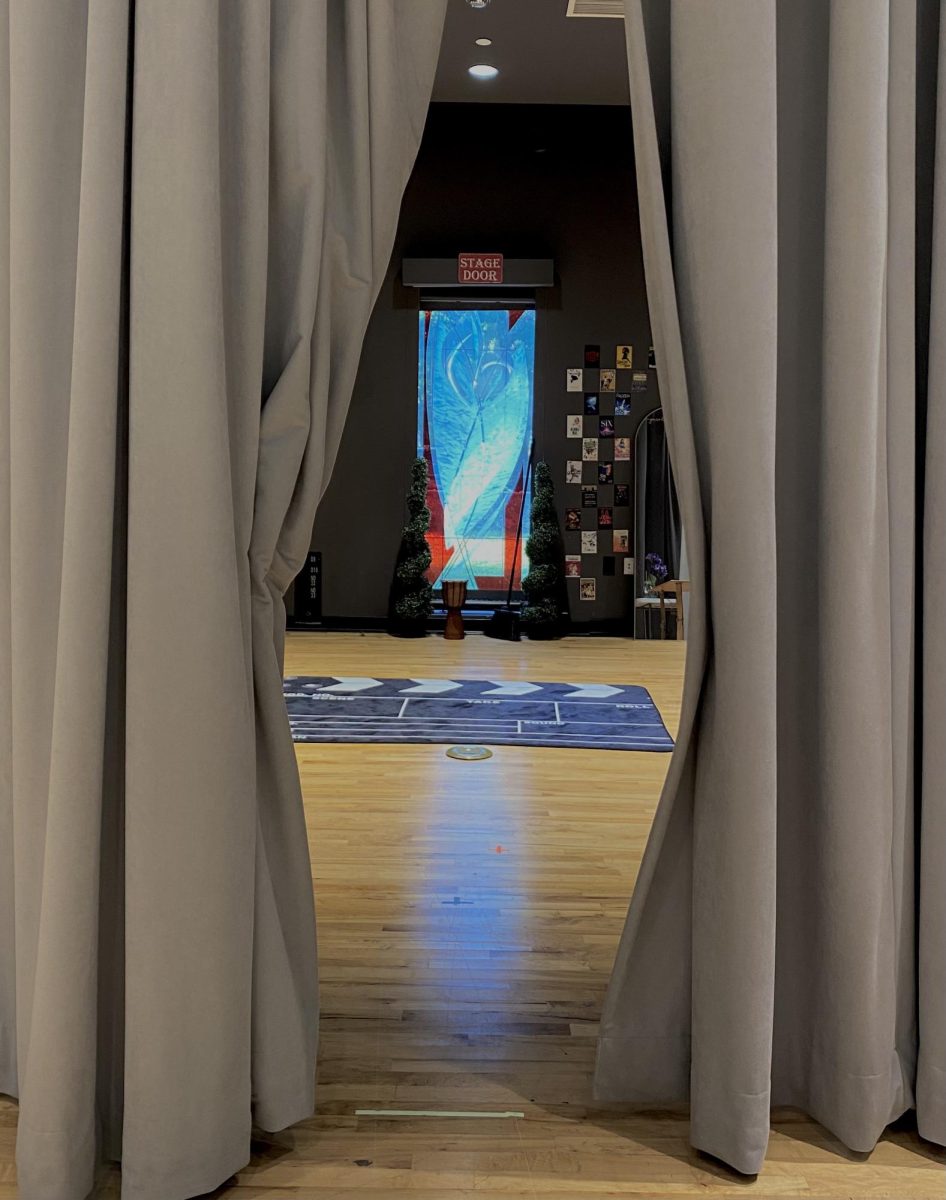






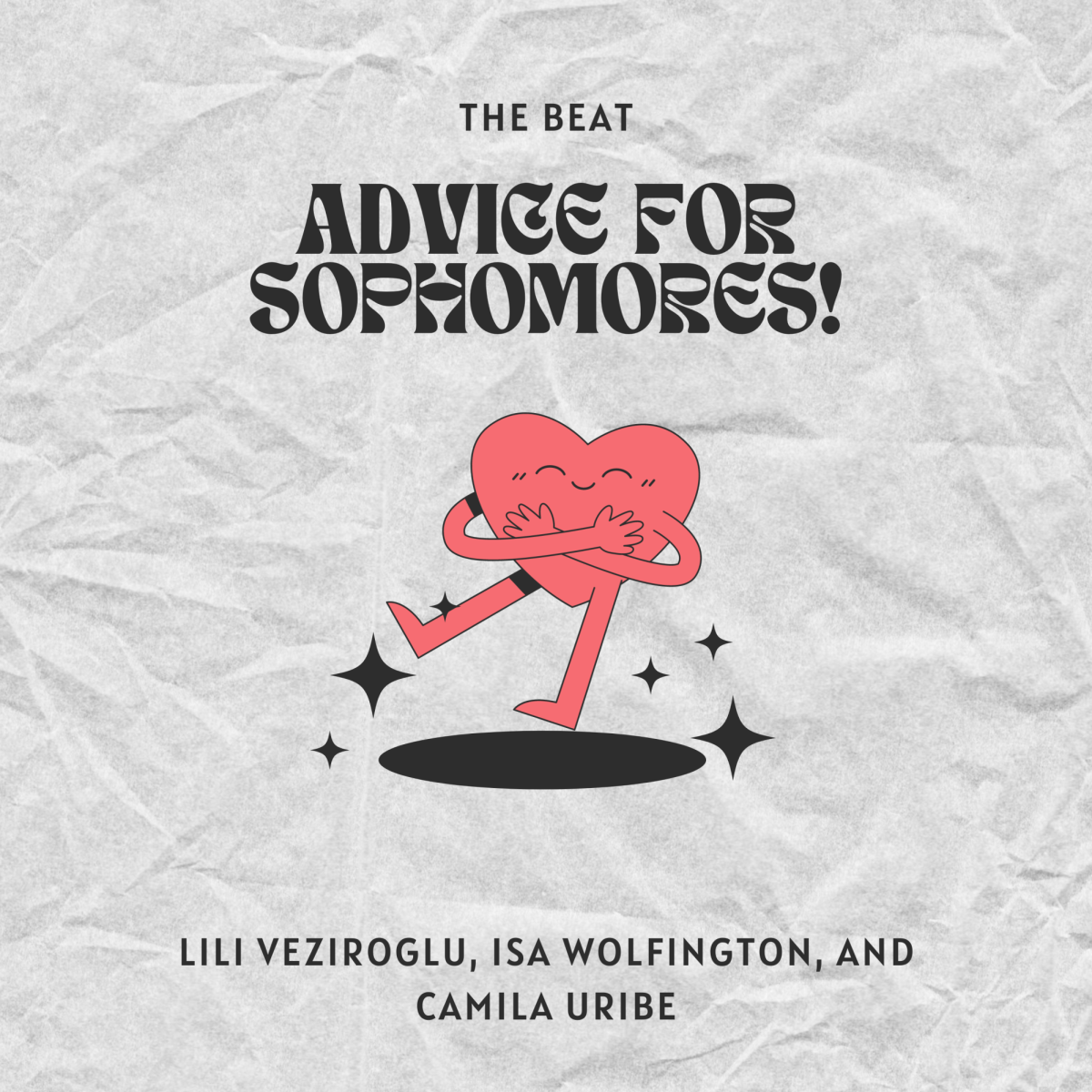



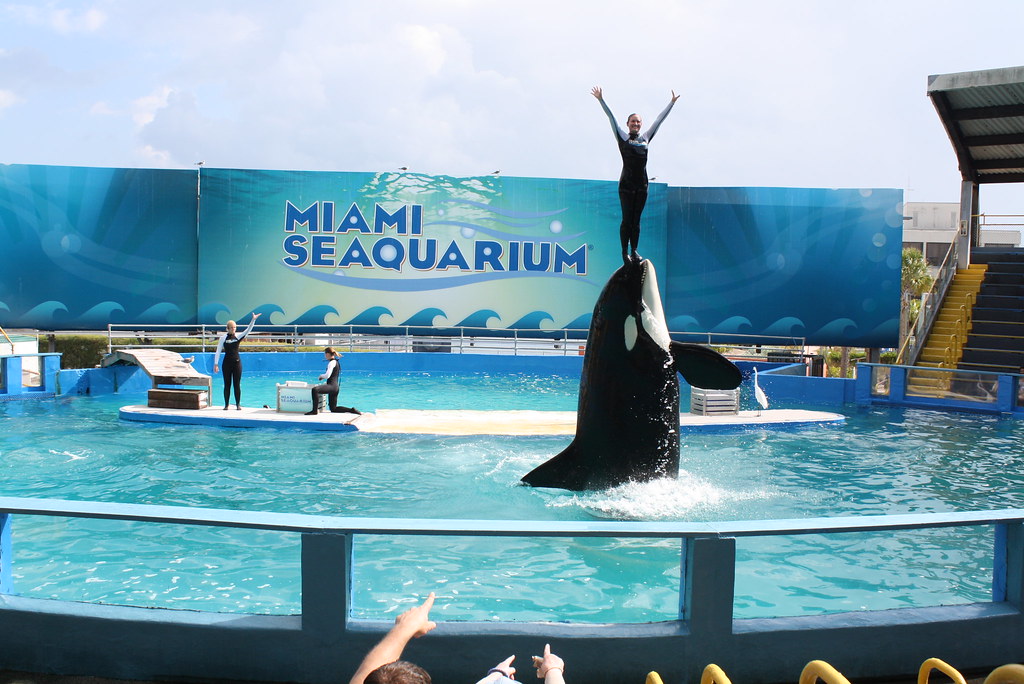


Mr. Alkon • Nov 11, 2023 at 12:09 pm
I never knew about Lolita — thank you for sharing her story, Meredith! I agree that her story is a sad one, but it does seem that her hard life has resulted in other animals being treated more sensitively.
Alejandra Martinez-Fraga • Oct 24, 2023 at 1:47 pm
What a sad story. Thanks for sharing Meredith!